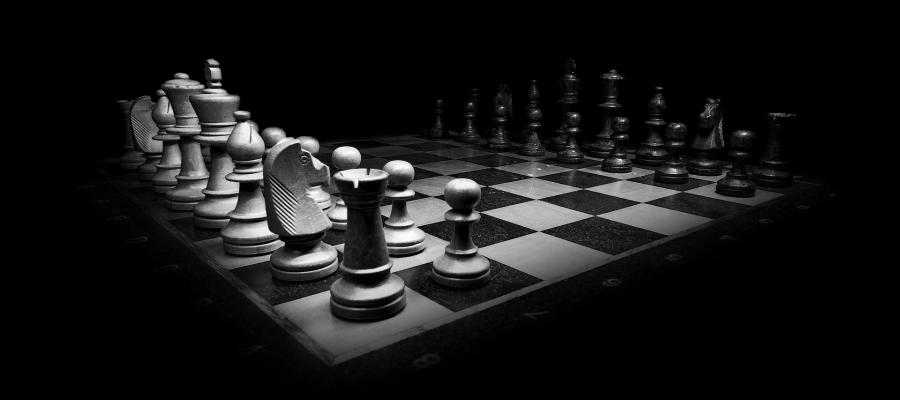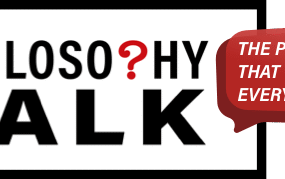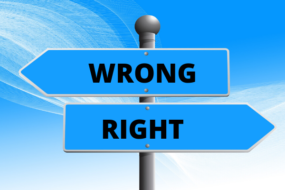
The Power of Play: How Games Shape Bonds and Build Skills
Gaming has long been a cultural phenomenon, sparking debates about its impact on our lives. Does it foster social bonds and enhance life skills, or is it merely a form of escapism—or worse, a catalyst for laziness and antisocial behavior? These questions cut to the heart of what it means to play in a world increasingly defined by digital interaction.
The truth lies somewhere in the middle. Games, whether video, board, or even sports, are more than just entertainment. They are dynamic environments where creativity, collaboration, and problem-solving thrive. Multiplayer games, for instance, often require teamwork and communication, breaking down barriers and building camaraderie among players. Imagine the shared joy of triumphing in a difficult raid in World of Warcraft or strategizing together in a game of Among Us. These experiences forge connections, often transcending physical distances to create global communities.
Beyond social bonding, games also serve as powerful tools for skill development. They challenge us to think critically, adapt quickly, and persevere through failure. Puzzle games like Minecraft or Portal sharpen problem-solving abilities, while strategy games like Chess or Starcraft teach long-term planning and decision-making. Even role-playing games (RPGs) encourage empathy by immersing players in diverse perspectives and narratives.
Yet, gaming isn’t without its critics. Concerns about escapism and decreased productivity are valid, but they often overlook the emotional and mental benefits of play. Games provide a safe space to decompress, experiment, and explore, which can enhance rather than detract from real-life productivity. When approached with balance, gaming becomes a healthy outlet, not a hindrance.
Ultimately, the value of games lies in their ability to connect and inspire. They challenge us to grow, bond, and learn in ways that feel natural and enjoyable. So, the next time you pick up a controller or join a virtual quest, remember: play isn’t just fun—it’s a force for good.







No Comments